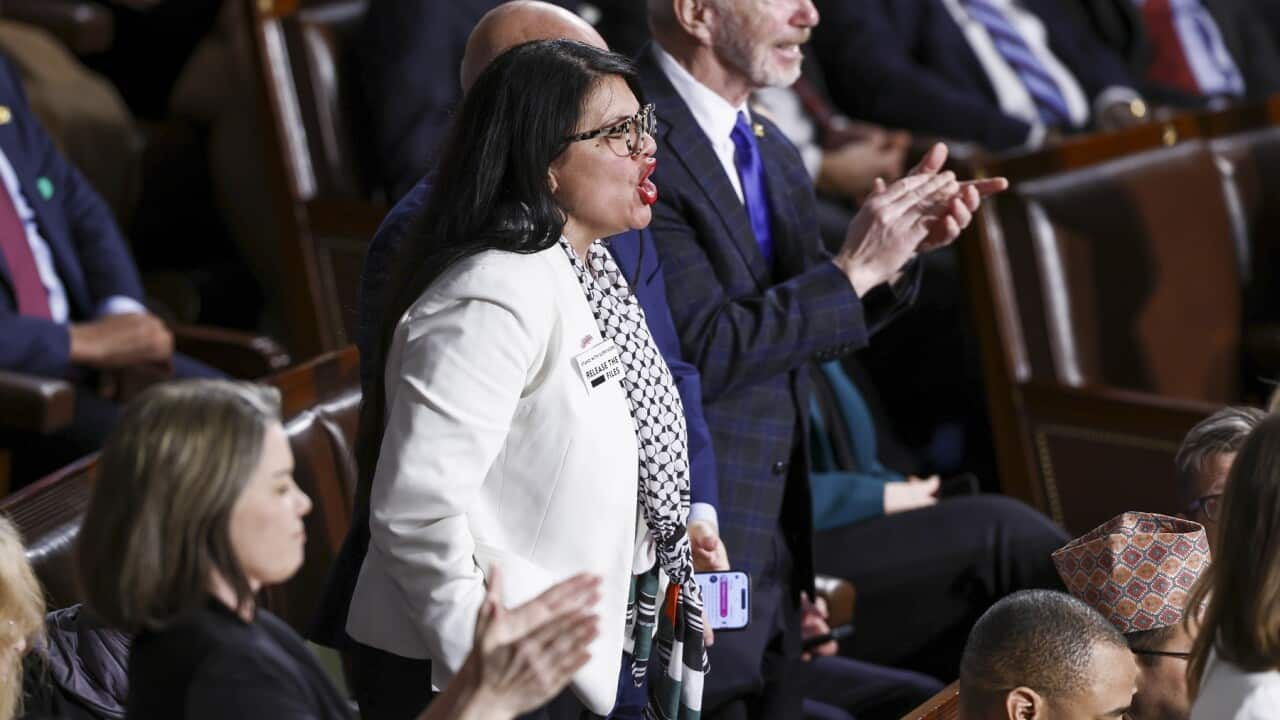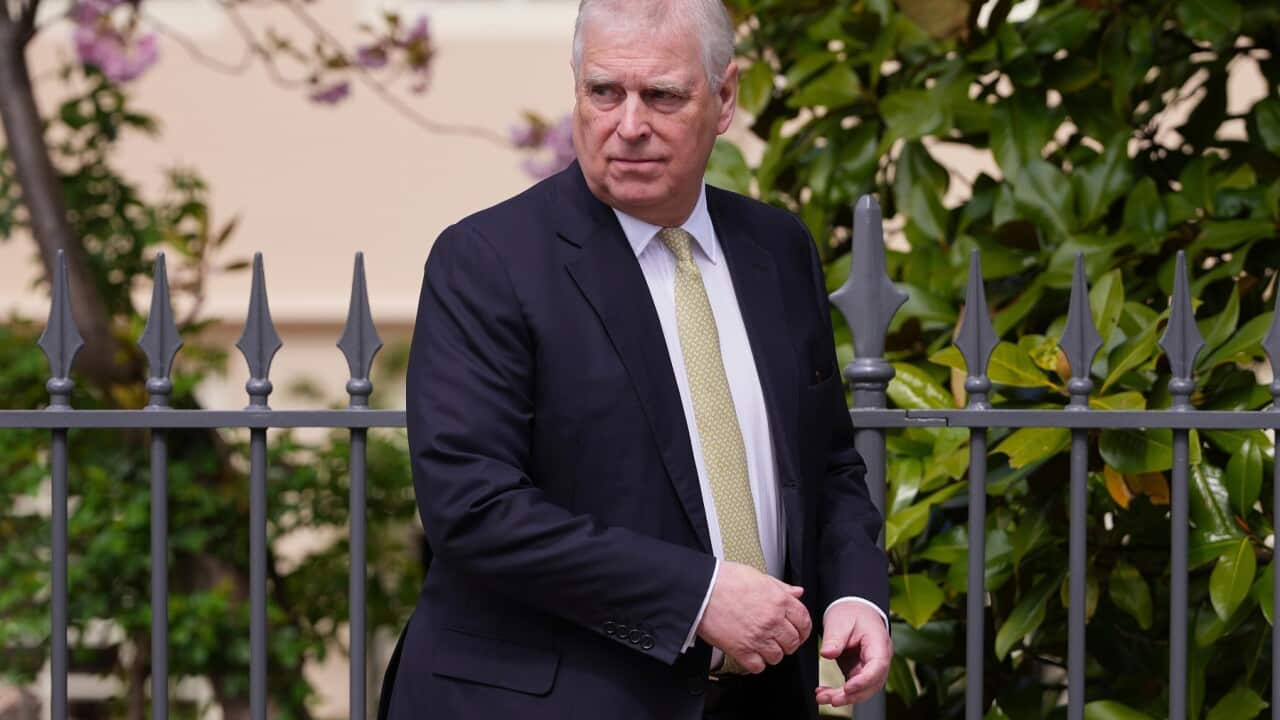Listen to Australian and world news, and follow trending topics with SBS News Podcasts
TRANSCRIPT
For Australians paying for their coffee with debit cards, the small surcharge they have to pay can end up becoming a large sum.
The Reserve Bank estimates that Australians spend an extra one billion dollars a year just for using debit cards instead of cash.
As Australians struggle with the cost-of living crisis, Prime Minister Anthony Albanese says the surcharge must stop.
"When people go and they see a price up on the board at the business where they are making a purchase, that should be the purchase price. There shouldn't be hidden charges and surcharges there, when people are using their own money. Bear this in mind: debit card is taking money directly from people's account sitting their money, and there shouldn't be surcharges on it."
The debit card surcharge is the additional fee that businesses have to pay to the banks for processing the payments by card.
Data by the Reserve Bank shows in the last financial year, businesses paid around four billion dollars to banks for being cashless.
While some larger companies can negotiate with their banks for a discount, small businesses often have to pass the financial burden on to their customers.
The Reserve Bank estimates if the ban is implemented, Australians could save up to five hundred million dollars a year.
Anna Bligh is the CEO of the Australian Banking Association.
She says the banking sector supports the Prime Minister's announcement.
"Banks welcome this discussion. The rules are more than 20 years old. Th world has changed and it's time to modernise the way we do this across the small business economy."
Australia is not the only country that faces the issue of debit card surcharges.
The Reserve Bank has found Australians are paying more in card service fees than Europeans, but less than those in the United States.
In the UK, a ban on credit and debit card surcharges was implemented in 2018, and since then, researchers have found businesses and even universities are breaking the rules, by using legal loopholes.
Wes Lambert is the CEO of Australian restaurant and Cafe Association.
He says when it comes to banning debit card surcharges, the government needs to take the right measures.
"What we want to make sure is the government gets it right, that they are not just banning surcharges from restaurants and cafes to consumers, but not changing the way banks are charging those businesses merchant fees. And we want to ensure any surcharge ban don't just lead to fixed fees being charged to those small businesses."
Data from the Reserve Bank shows that compared to large corporations, small businesses often have to pay fees three times higher to banks for merchant services - adding up to extra financial pressures for small businesses.
Data from the Australian Small Business and Family Enterprise Ombudsman has found around 46 per cent of small businesses didn't make a profit in the most recent year of financial accounts available.
A new report by the Council of Small Business Organisations Australia and Commonwealth Bank also finds small businesses are struggling with rising operation costs.
Bruce Billson, the Australian Small Business and Family Enterprise Ombudsman, says the debit card surcharge isn't the only one the government should look into.
"There is also a question about whether the Reserve Bank and the Payments Board have the powers it needs not only enforce least cost routing, and efficiencies, and transparency on cards that might be in our wallets, but also where there is no card, if you're using your phone to make a payment, if you are doing an online transaction, there's no card presence, these are all areas where there's a little clip, a little cost, a little bit of dip into the customer's wallets, and the small business merchants till on the way through that in many cases don't need to be there, or shouldn't be as high and costly as they currently are."
The Labor government has given the Australian Competition and Consumer Commission, 2.1 million dollars to investigate fees on debit and credit cards.













